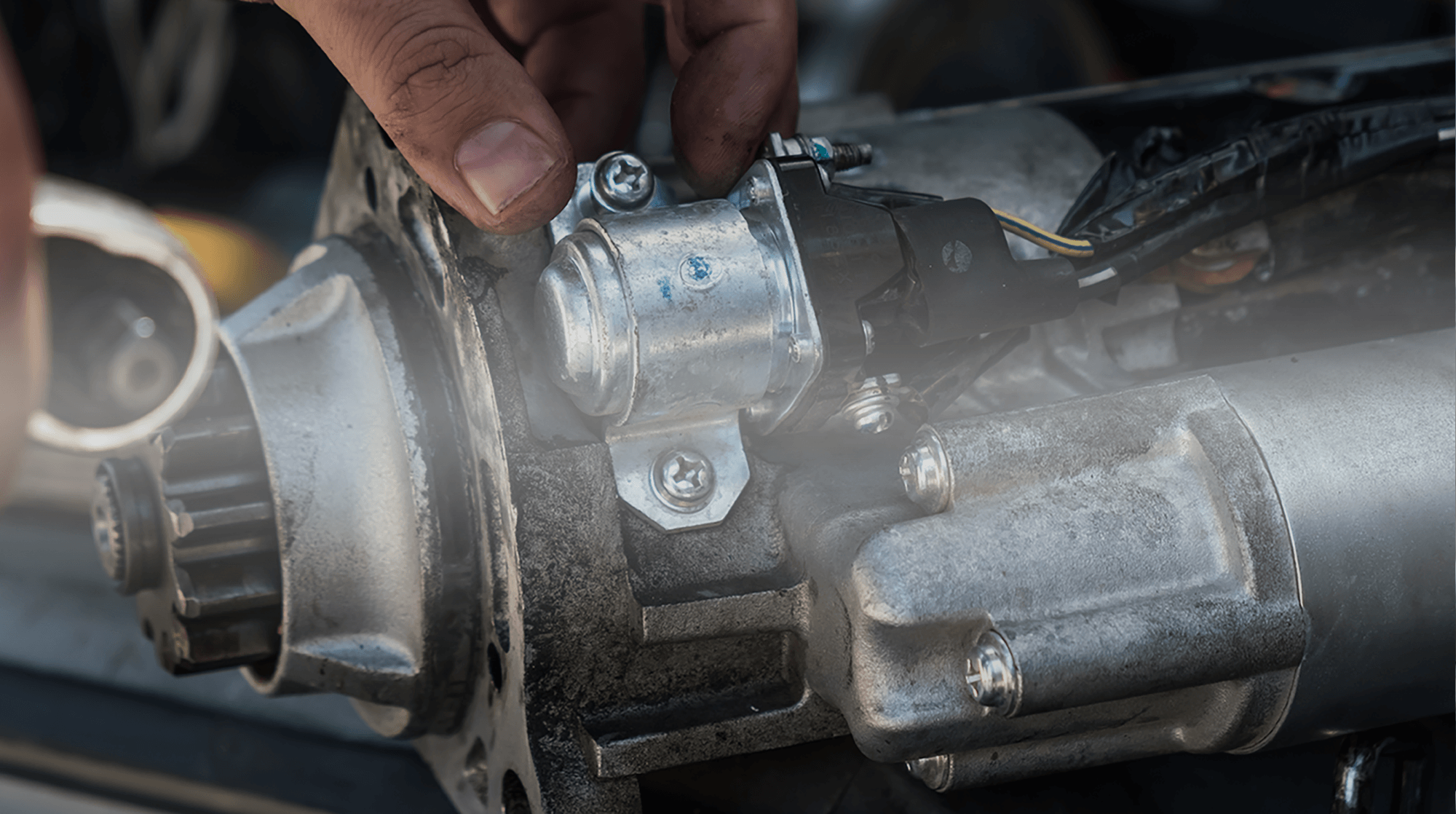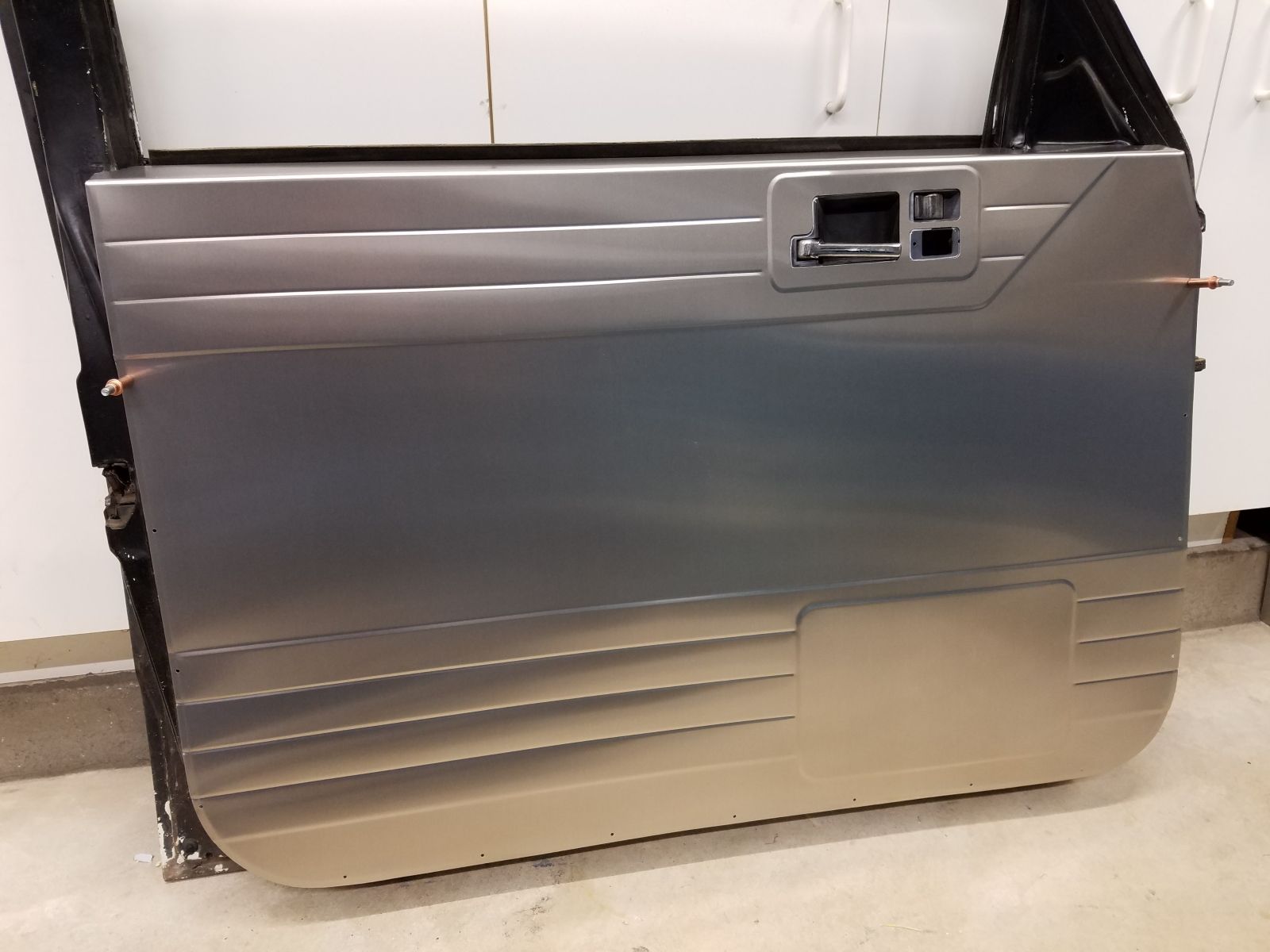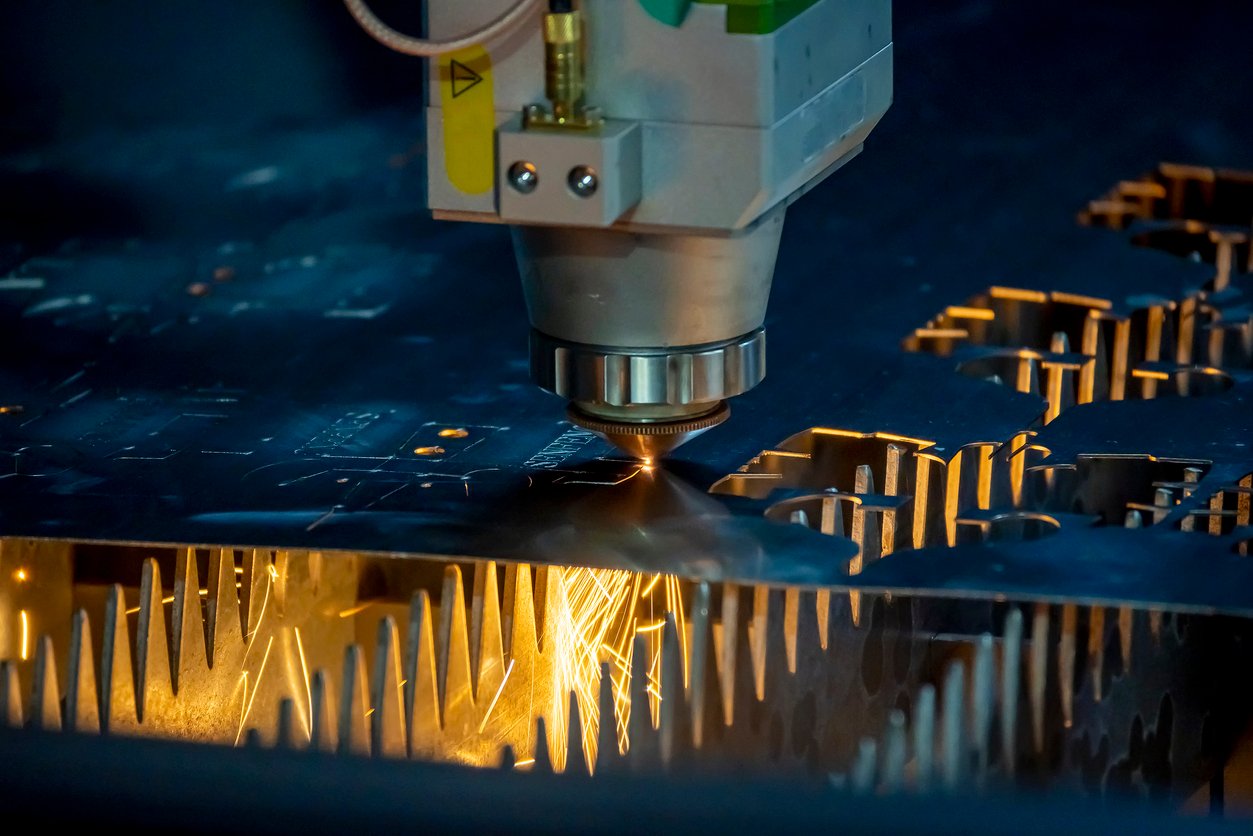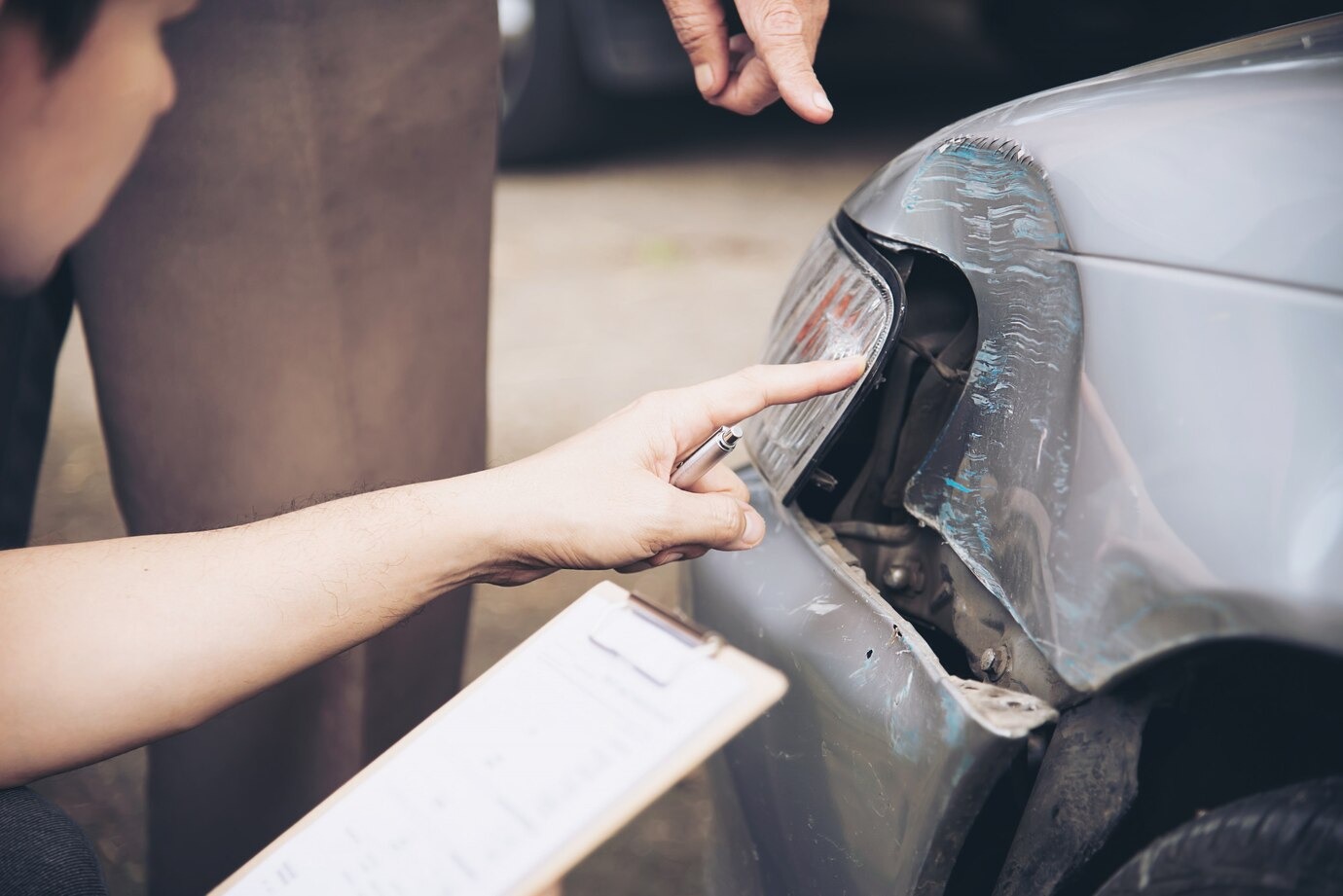Are you a car enthusiast? Do you want to learn how cars work from the inside out? Then this article is for you! Motor Starters 101: A Comprehensive Look Into Car Mechanics will provide an in-depth exploration of the mechanics of motor starters.
You’ll discover what these parts are, how they function, and why they’re so important when it comes to keeping your car running smoothly.
We’ll also discuss some common problems that arise with motor starters and ways to prevent them. So if you’re ready to delve deep into the world of car mechanics, get comfortable, and let’s begin our journey!
The Role of Motor Starters in Vehicle Maintenance
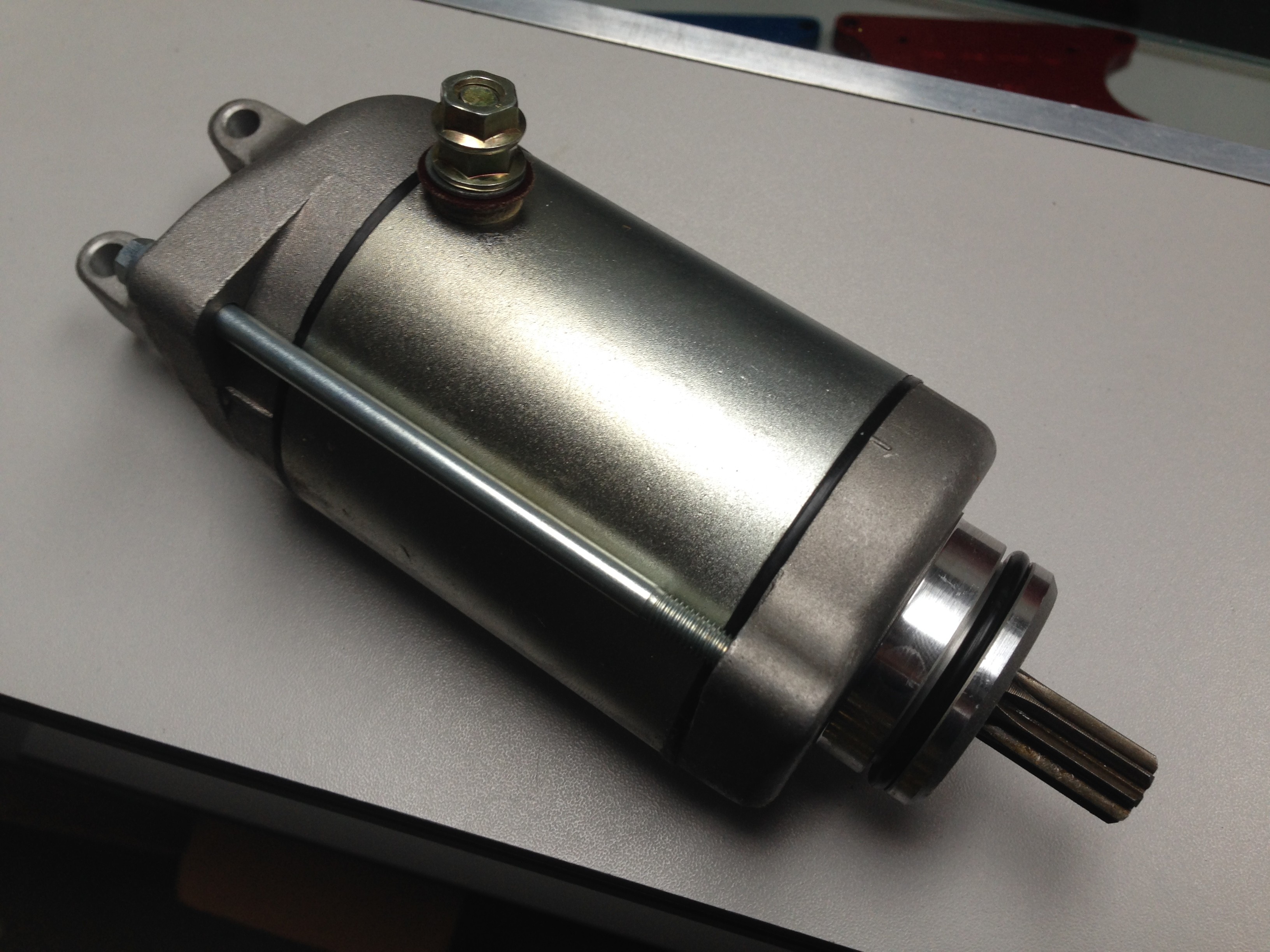
The role of motor starters in vehicle maintenance is essential for keeping cars running efficiently and safely. Not only do they control the electric current in the starter motor, but they also regulate other important aspects such as fuel pressure and air intake during engine start-up.
Regular maintenance of these components helps to prevent problems like misfires or stalling due to insufficient power. It also ensures that all safety protocols are met while working on a car’s electrical system, which can help protect against possible damage or injury caused by faulty wiring or short circuits down the line.
By investing in regular checks and repairs of your vehicle’s starter motors, you can keep it running smoothly for many years to come – so be sure to give them some TLC!
Benefits and Drawbacks of Different Starter Motors
The selection of the correct starter motor for your vehicle is an important decision that can have a major impact on its performance. Different types of motors offer different benefits and drawbacks, so it pays to understand these differences before making a purchase.
Permanent Magnet Motors are lightweight and reliable but generate less torque than other motor models; Series Wound Motors provide maximum starting torque but require more current from the battery; Brushless DC motors are efficient but expensive; finally, Split Phase Motors are relatively inexpensive yet lack overload protection.
Knowing which type of starter motor best suits your car’s needs is essential for ensuring optimal performance and longevity – make sure you do your research beforehand!
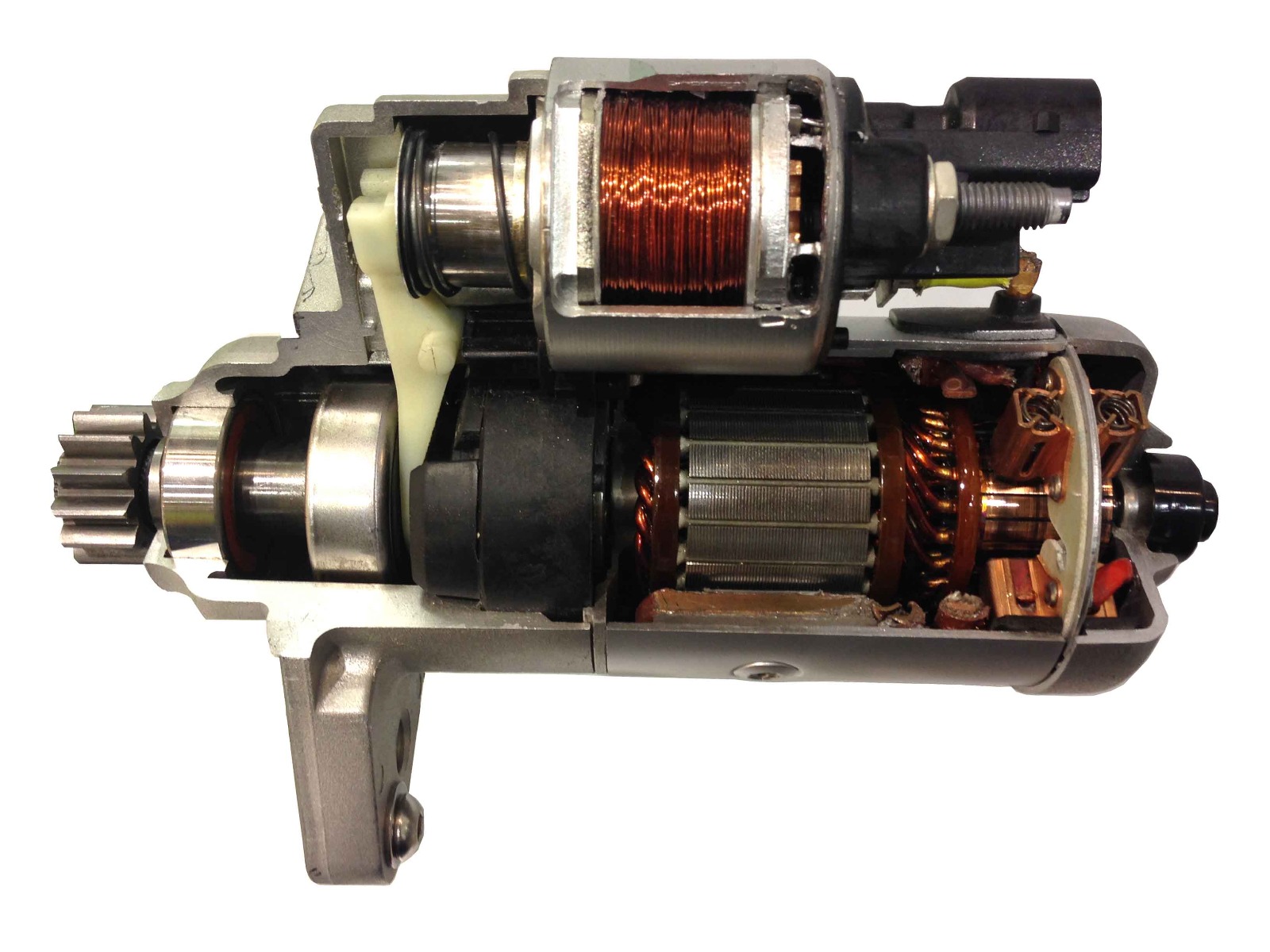
Best Practices for Installing and Maintaining Starter Motors
When installing and maintaining starter motors, it’s important to follow the manufacturer’s instructions to avoid any unnecessary damage. Its also essential that all safety procedures are followed when dealing with electrical systems – this includes wearing protective gear such as goggles, gloves, and face masks if necessary.
Additionally, ensure that the motor is correctly connected before powering it up; inspect for any signs of corrosion or loose connections that could impede its efficiency.
Finally, make sure you use quality parts from an authorized dealer or car parts store – skimping on cost here can have serious consequences further down the road!
Conclusion

The motor starter is a vital component in any car mechanic’s toolbox. It allows mechanics to easily start and control the engine, allowing for smoother operation of the car.
By understanding more about this important device, you can ensure that your vehicle runs properly and efficiently. With proper care and maintenance, a motor starter can last many years and provide reliable performance for your vehicle.
